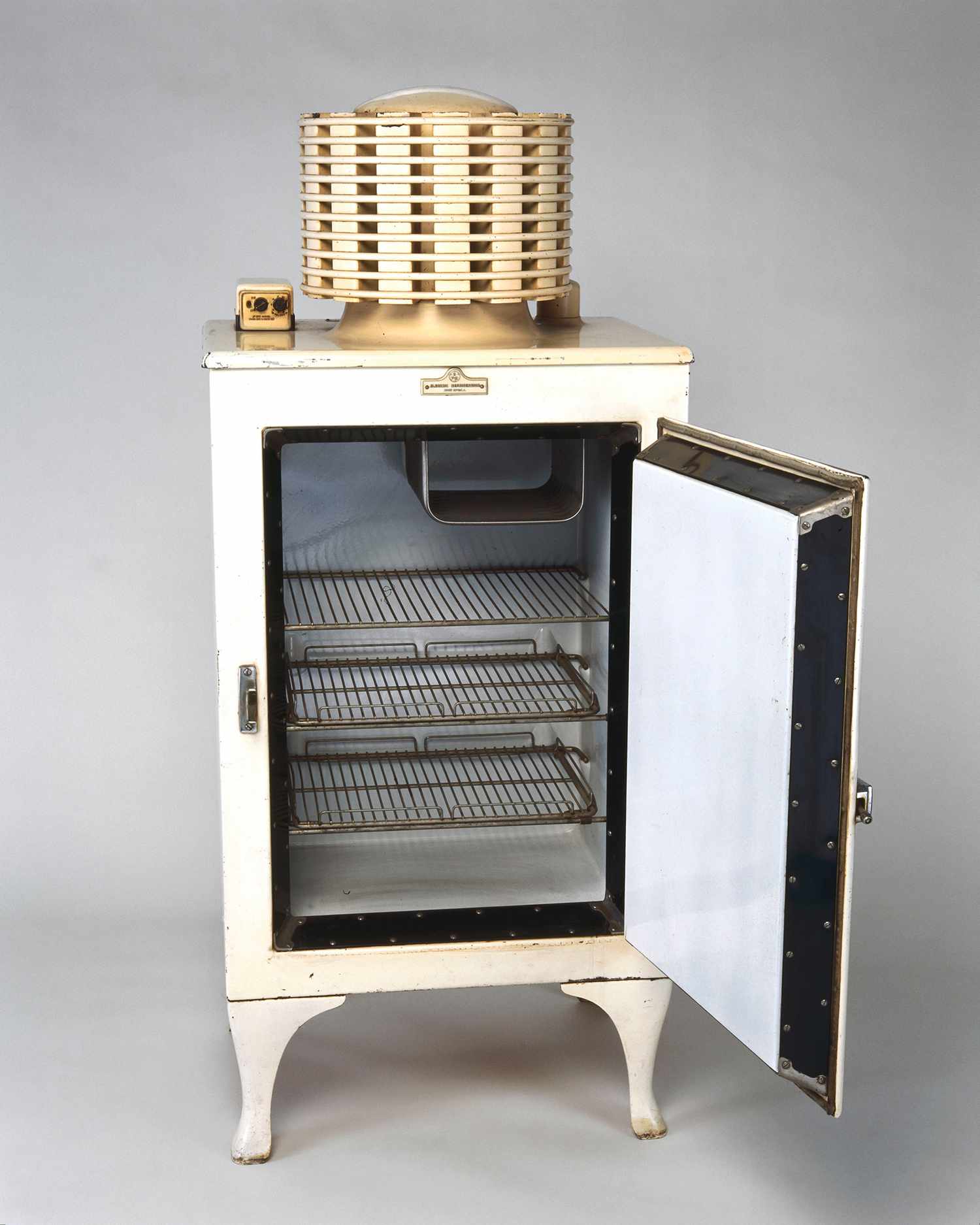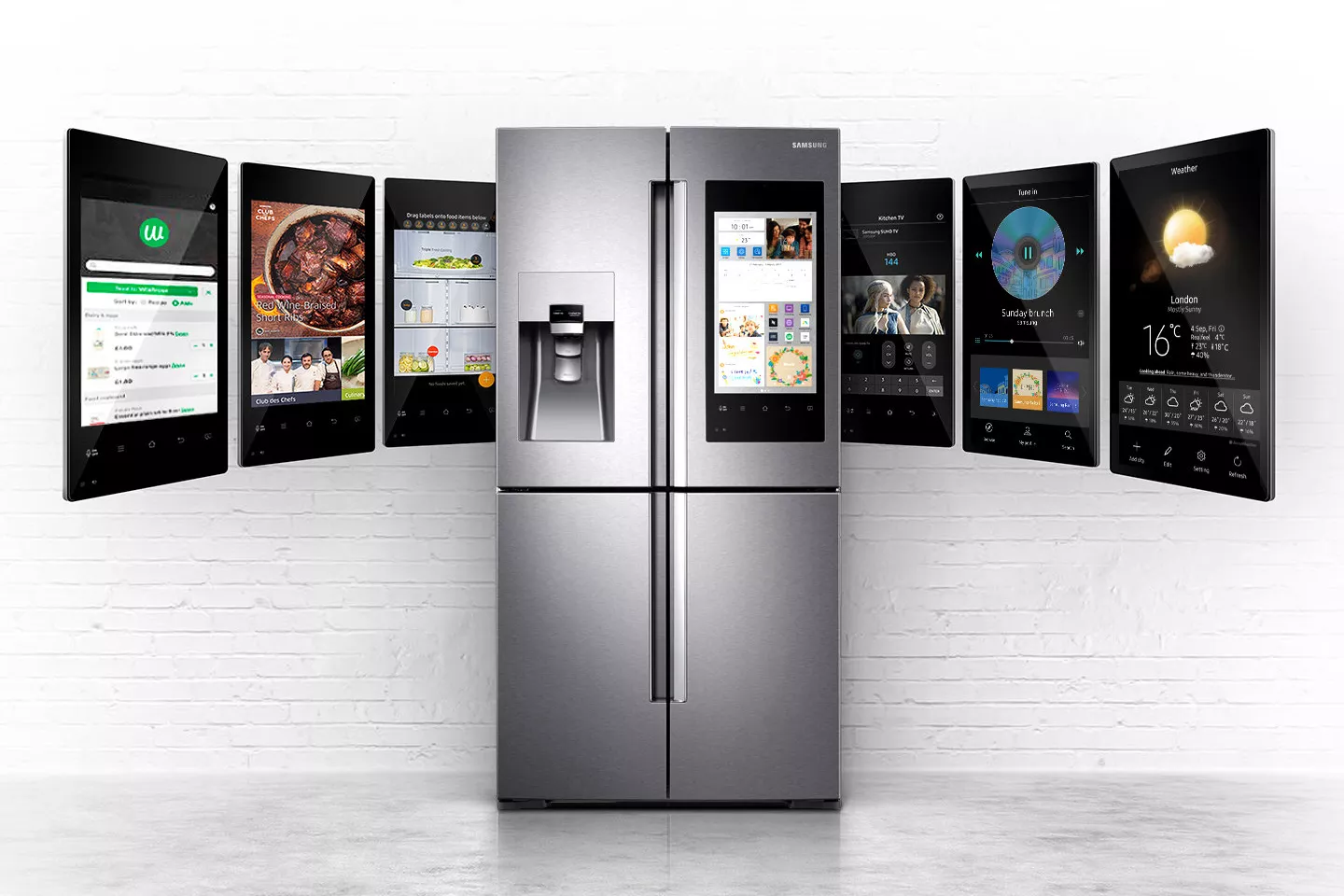Refrigeration, an integral part of modern life, has come a long way from its humble beginnings in ancient times. The journey of refrigeration technology spans centuries, marked by remarkable innovations that have revolutionized how we preserve and store perishable goods. This article delves into this fascinating history, tracing the development from ancient ice houses to the cutting-edge smart fridges of today, equipped with Internet of Things (IoT) capabilities.
Ancient ice houses: The birth of cold storage
The concept of refrigeration can be traced back to as early as 1000 BC, when ancient civilizations utilized natural resources to create rudimentary ice houses. These structures were ingeniously designed to store ice and snow collected during winter months. The ice was insulated with materials like straw or sawdust, allowing for the preservation of perishable items in warmer seasons.
The advent of mechanical refrigeration
The 18th and 19th centuries witnessed a significant leap in refrigeration technology with the invention of mechanical refrigeration systems. Pioneers like William Cullen, Oliver Evans, and Jacob Perkins contributed to the development of early refrigeration machines. However, it was the breakthrough by Carl von Linde, who patented the first practical refrigeration system using ammonia as a refrigerant, that paved the way for modern refrigeration.

Source of the picture: https://www.marthastewart.com/1537798/refrigerator-history-explained
The birth of domestic refrigeration
The early 20th century saw the introduction of household refrigerators, marking a pivotal moment in refrigeration history. The Kelvinator, introduced in 1913, and the General Electric “Monitor-Top,” released in the 1920s, were among the first commercially successful refrigerators. These early models used toxic refrigerants like sulfur dioxide and methyl formate.
Freon and household refrigeration revolution
In the 1930s, the introduction of non-toxic and non-flammable refrigerants, such as Freon (developed by Thomas Midgley Jr. and Charles Franklin Kettering), revolutionized household refrigeration. This breakthrough made refrigerators safer, more efficient, and widely accessible to households around the world.
Smart fridges and IoT integration
Fast forward to the 21st century, and refrigeration technology has reached unprecedented heights. Smart fridges, equipped with IoT capabilities, have become the epitome of convenience and efficiency. These intelligent appliances can connect to the internet, allowing users to monitor and control their refrigerators remotely. They feature touchscreens, cameras, and sensors that provide real-time information about food inventory, expiration dates, and even suggest recipes based on available ingredients.

Source of the picture: https://www.lifewire.com/smart-refrigerator-4158327
In conclusion, the evolution of refrigeration technology has been nothing short of extraordinary. From the rudimentary ice houses of ancient times to the sophisticated smart fridges of today, the journey has been marked by innovation, ingenuity, and a commitment to making our lives more convenient and sustainable. As we look to the future, it is exciting to imagine what new advancements will further enhance the role of refrigeration in our daily lives.
